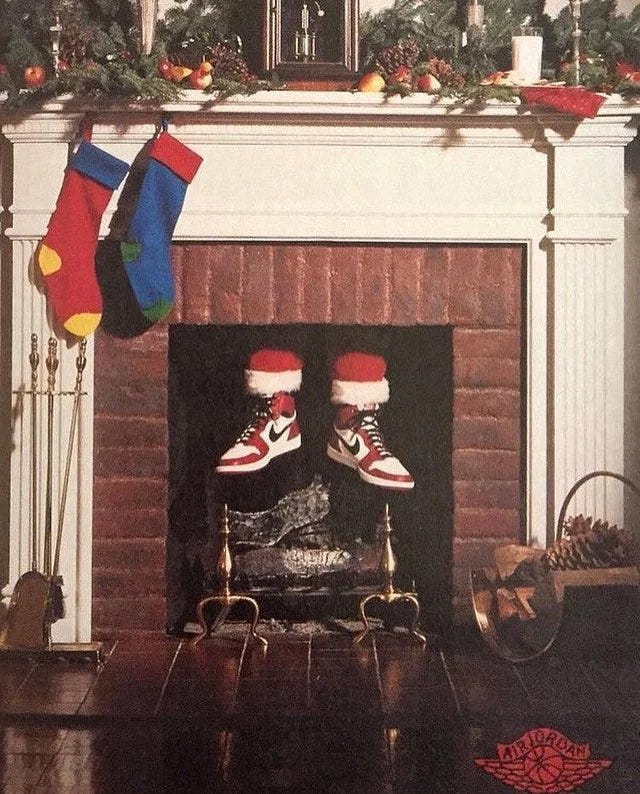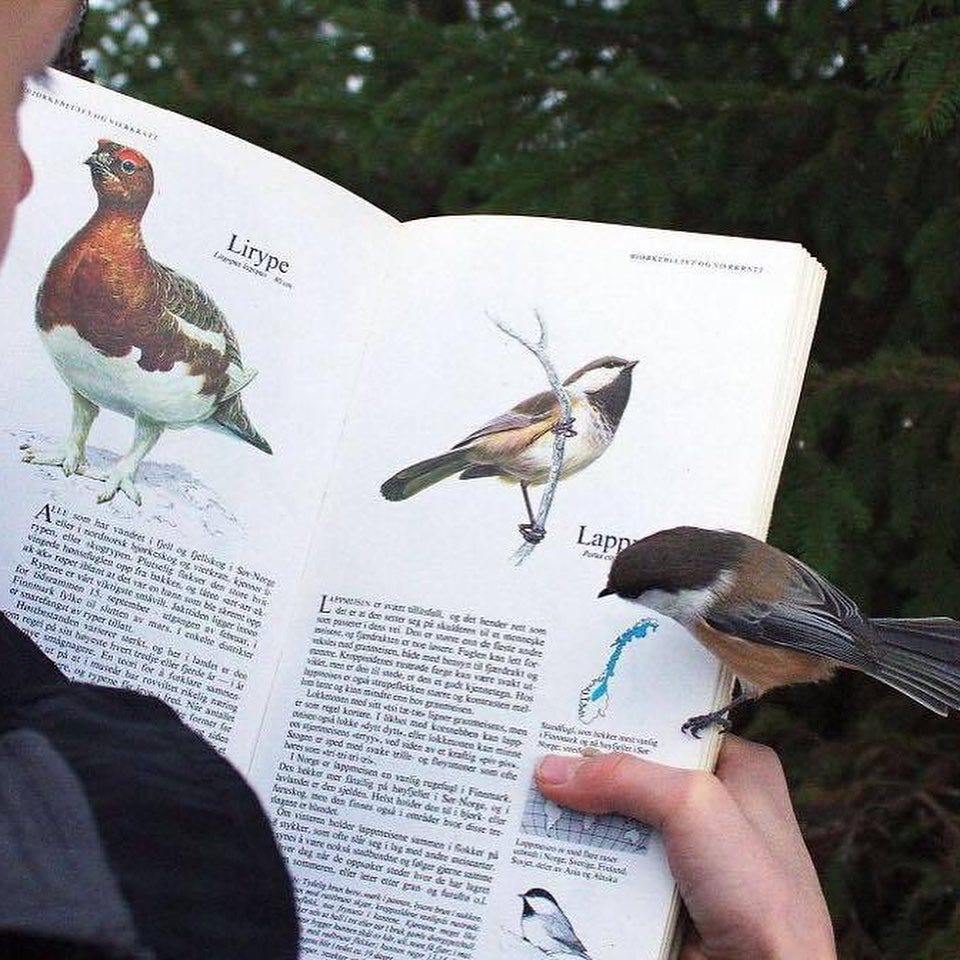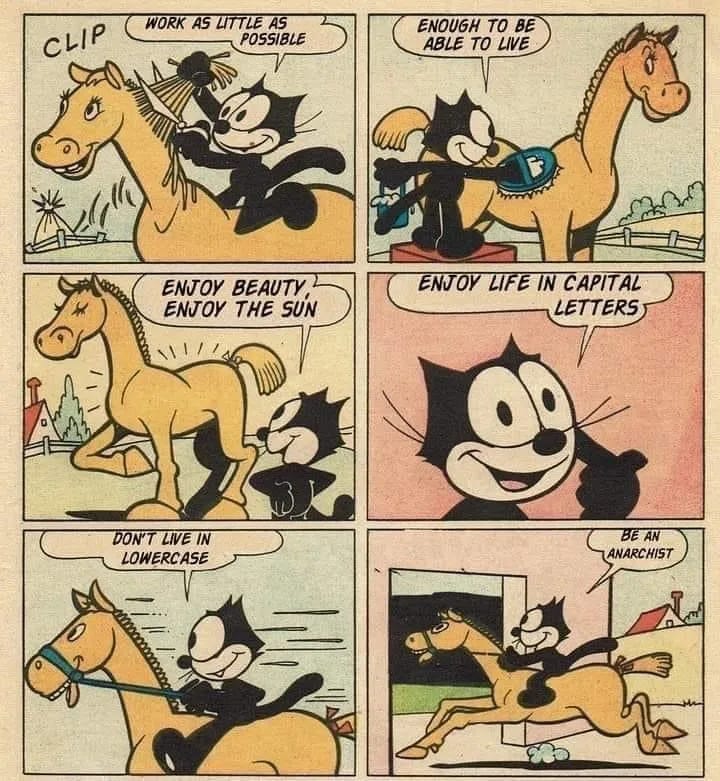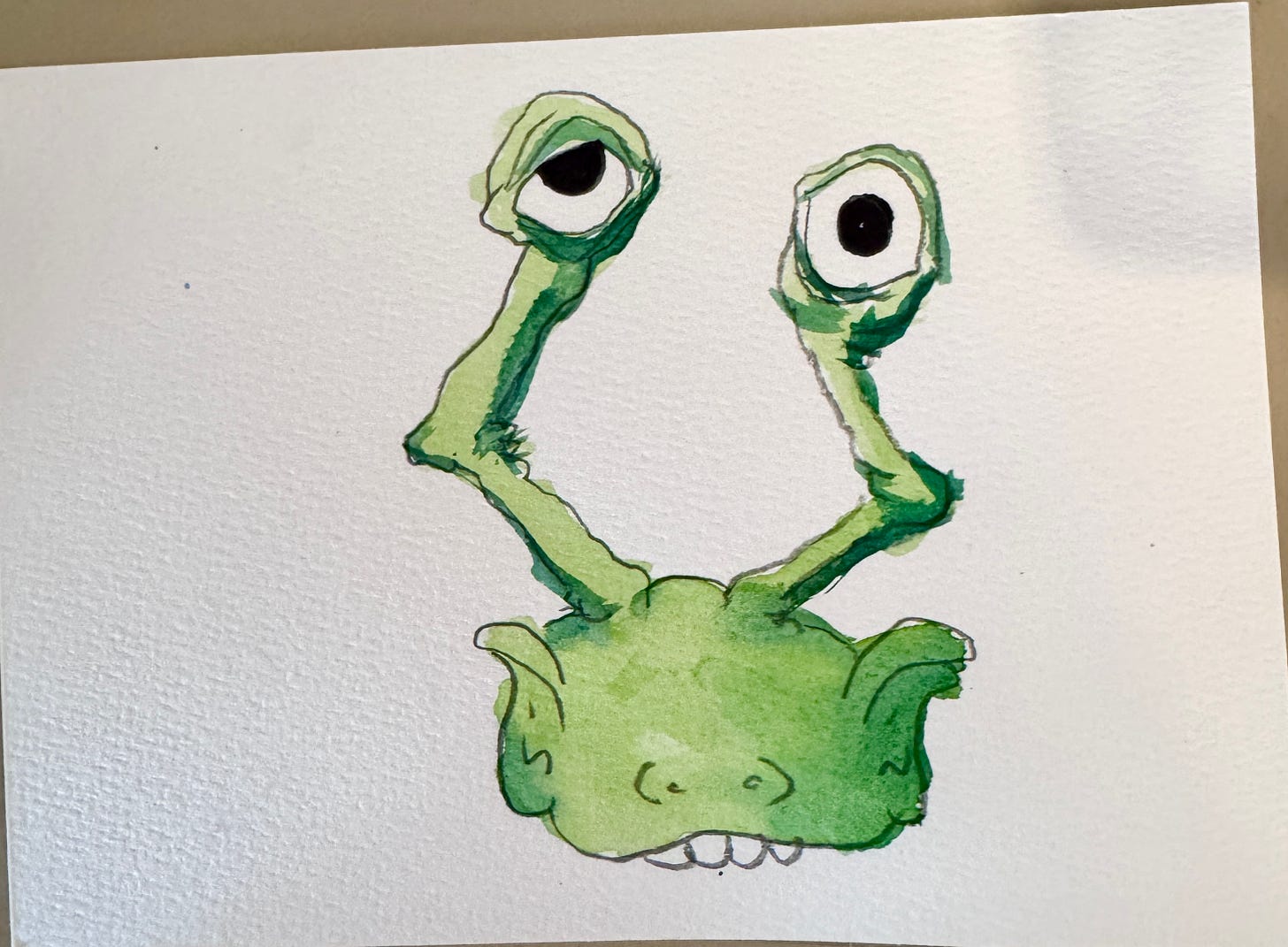
*****
The above illustration sparked a thought1. But the thought has a few building blocks I have to set up first.
Building block 1: I am really interested in the utility/function of a tool targeted at an expert vs a novice. It seems that the more advanced the user of a tool, the less overall functionality the tool tends to have. This is especially apparent in woodworking – there are specialized tools for the most specific of needs, etc. But the basic premise is “jack of all trades, master of none” applies to the tools we use in daily life.
Building block 2: Productivity software is a gigantic industry (lots to unpack there). And within the category, there seem to be two schools of thought: breadth of function of range of integration. i.e. "software that can do everything you need” or “software that can connect to all your other software” —— These two approaches are fueled by the same thing: “how can we get OUR app to the the place our users spend the most time. How can we become the most integral?”
Building Block 3: I hate it when my laptop tries to answer calls instead of my phone.
The point is… I think integrations are a trap. maybe there is value in switching from your email app to your to do list to your notes app. Maybe they don’t all belong in one hub.
Or maybe they do. I don’t know. But that was the thought.. tools are at their best when they only do one thing. Any more and you’re losing something.
I’m just not sure what.
*****
A reddit comment in response to the state of the industry:
It's not just you. The industry has not genuinely come to grips with the issues that it's facing.
The move from integrated campaigns to programmatic and 'disposable' social campaigns has fundamentally changed what profitability looks like, especially for creative agencies.
Yet, the agencies themselves keep trying to optimise their way to profitability.
Most creative departments aren't set up to churn out cheap lo-fi content or iterate around programmatic. And creatives and awards shows aren't interested in doing/awarding that kind of work. (Which is fair enough, I find it completely mind-numbing. But it's what clients are willing to pay for.)
Clients, especially those with procurement departments, have realised that agencies have no idea how to negotiate properly so they've learned to just demand discounts, and agencies tend to agree to whatever rates are on offer, especially at moment when they're all desperate for work.
They've also moved away from retainers and ongoing contracts, with all suppliers not just agencies. Yet they still expect the same levels of service and pitching/spec work.
Meanwhile holding companies are inflexible when it comes to margins, and so agencies are shaving their budgets by 'juniorising' their teams with a few very senior people and a raft of juniors with the mid-senior levels being especially hard hit.
This is to say nothing of the ongoing issue of agencies losing their role as thought leaders and trusted advisors - partly because of our own idiocy in pursuing awards and in-jokes over effective business strategy, and partly because at the same time management consultants were willing to sweep in and offer advice that, funnily enough, always resulted in the C-suite being given lots of stocks and other bonuses.
All of these add up to an outlook for the industry that it's hard to be optimistic for. There will definitely be people working to make ads for clients in 10/20/50 years. But it's hard for me to see how the current agency model will survive.
Anyone have a ray of light or a perspective on any of the issues that I've raised that would help me feel more optimistic? I'd welcome a rosier view on the world or a discussion of why I'm wrong.
*****
Do you think this ad had a strategy?
I don’t.
And most likely neither did most of my favorite ads from a bygone era.
But they could have. It doesn’t matter. what is important is you can’t see the strategy.
frame-worthy visuals don’t give away the brief.
You shouldn’t know the strategy for a single ad. strategy should be applied at a campaign level or higher. never any lower.
*****
*****
*****
*****
*****
*****
“Arbitrary conditions hypnotize us into believing content for our pears is worth the investment.”
☝︎ a quote from the most recent ZINE newsletter, which is one of those things that is fantastic out of context, but in this case, the context is worthwhile as well. It also features one of my all time favorite artifacts; the OSS (CIA precursor) Simple Sabotage Field Manual2.
*****
Nothing is art OR science.
Nothing is art AND science.
Art IS science. and Science is art.
*****
*****
from the notebook:
removing friction is removing feeling.
Understanding is not a point of view.
we want so badly for there to be rules and classification.
*****

*****
WEEKLY MONSTER
~~~~~~~~
I often find myself reminding people, if you didn’t get a raise this year, you got a pay cut. That’s inflation, baby.
On that note – 2025 rates are going to be higher than 2024 rates. Not by an astronomical amount, but up enough that it feels worth mentioning.
That said, predictability is valuable in the freelance life. So if you have a project in 2025 where I can be of service – let’s scope it out now and I’ll reserve the time and honor current pricing.3
(The thought has nothing to do with what the illustration is trying to convey – so if you’re actually curious about the intended context, you can find it here)
2024 Fees:
$200/hour | $1200/day
2025 Fees:
$250/hour | $1450/day












